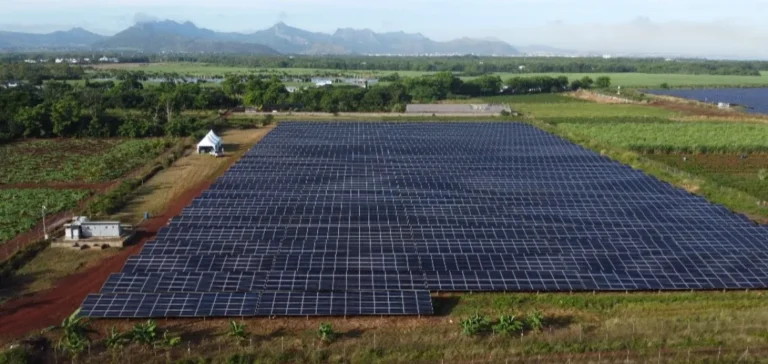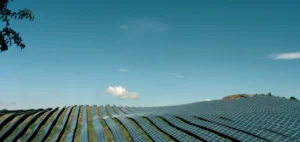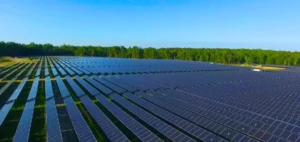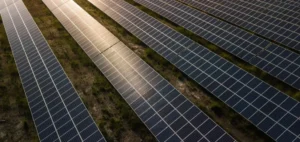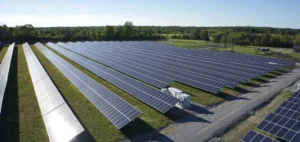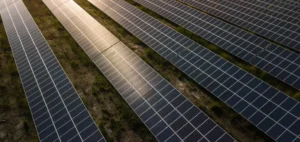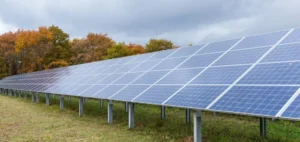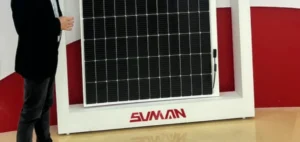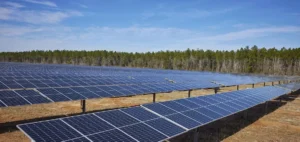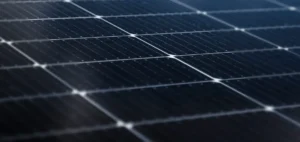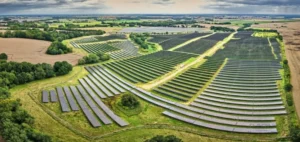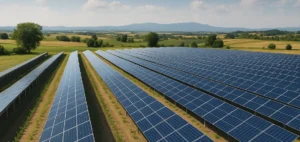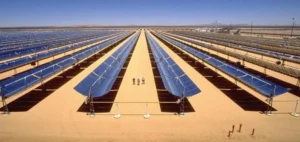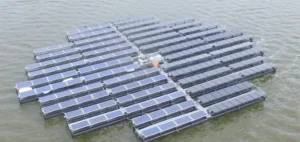GreenYellow, a company specialising in decentralised energy transition, has signed an agreement with Volailles et Traditions for the construction of a 1.5 megawatt-peak (MWp) solar power plant in Mauritius. This strategic partnership is part of the Carbon Neutral Industry Scheme (CNIS), a mechanism aimed at reducing the island’s energy dependency, where more than 80% of electricity still comes from imported fossil fuels.
A project fully financed by GreenYellow
The plant, fully funded, developed and operated by GreenYellow, will inject approximately 2.45 gigawatt-hours (GWh) of electricity into the grid each year. This corresponds to the average annual consumption of 1,050 residents. The site will be exclusively dedicated to public grid production, with no industrial self-consumption planned by the client. The investment is fully borne by GreenYellow, allowing Volailles et Traditions to avoid upfront costs and operational risks.
GreenYellow oversees every stage of the project, from initial technical studies through to long-term operation. This model enables industrial players to contribute to the national energy mix without altering their capital structure or diverting internal resources.
CNIS as a driver of energy diversification
The Carbon Neutral Industry Scheme supports Mauritian companies in investing in local and renewable energy solutions. In a context of steadily rising electricity demand, CNIS backs infrastructure aimed at stabilising supply while reducing the country’s exposure to oil market fluctuations.
This initiative also aims to encourage the development of a more resilient energy ecosystem based on decentralised local production capacities. Government support for this type of project reflects a strategy to attract international operators while fostering partnerships with national industrial stakeholders.
Targeted benefits for local companies
For Volailles et Traditions, an agri-food company affiliated with the Inicia group, the project marks a step towards optimising its production processes in line with energy competitiveness requirements. The company thus affirms its intention to contribute to energy supply while strengthening the stability of its operations.
According to representatives of both companies, such projects demonstrate that local industrial actors can actively participate in national energy planning by collaborating with international developers. The announced investment remains aligned with the energy diversification priorities set by Mauritian authorities by 2030.


